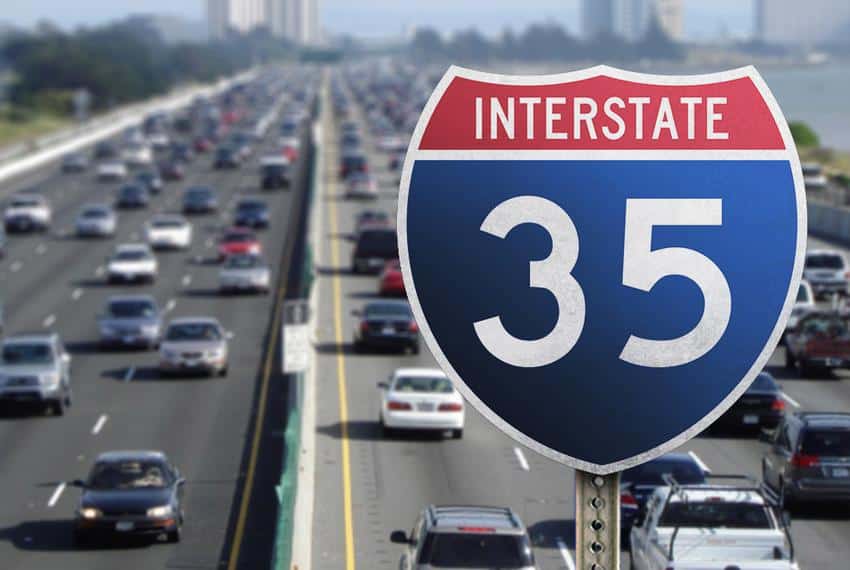Find out what full coverage auto insurance covers, explore the different types of coverage and find out if you’re getting the best deal for your needs.
Introduction
Driving is one of the most popular activities on the planet, and full coverage auto insurance is essential for drivers everywhere.
In this post, we’ll explore what full coverage auto insurance covers and whether or not it’s necessary. From property damage to bodily injury, full coverage auto insurance provides comprehensive protection for drivers in case of an accident.
So whether you’re a new driver or an experienced one, it’s essential to know what full coverage auto insurance covers and whether or not it’s worth getting.
What is Full Coverage Auto Insurance?
Full coverage auto insurance can protect in a car accident, including medical expenses, property damage, and loss of income.
It is important to note that full coverage does not always mean the most comprehensive policy options. Some policies may only cover certain types of accidents or be limited in the amount of coverage they offer.
To get the most comprehensive coverage, it is essential to compare quotes from different companies and find one that offers what you need at a price you can afford. Full coverage auto insurance can help keep you and your family safe in an accident.
What Does Full Coverage Auto Insurance Cover?
Full coverage auto insurance covers injuries resulting from a car crash, regardless of who was at fault. This type of coverage also includes damages to the car, medical expenses, and lost wages.

Full Coverage Auto Insurance Cover
What are the Different Types of Full Coverage Auto Insurance?
There are a few different types of full coverage auto insurance policies. Some of the most common types include:
Collision: This policy covers you if you are in a car accident and the other car damages your car.
Umbrella: This policy covers you and your passengers if you are in a car accident and the other car has more than $50,000 worth of damage.
Truck: This type of policy covers you if you are driving a truck and get in a car accident.
What are the Benefits of Full Coverage Auto Insurance?
The benefits of full coverage auto insurance include the following:
- Security: Full coverage ensures that you are covered for any damages or injuries that may occur due to a car accident. This includes damages to your vehicle, personal injuries, and losses associated with the accident.
- Peace of Mind: Full coverage protection can help provide peace of mind during times of uncertainty, such as when planning a vacation or contemplating buying a new car. Not worrying about potential financial consequences in an accident can be enormously reassuring.
- Efficiency: Full coverage guarantees that you will be reimbursed for any expenses you incur due to an auto accident, including medical bills, lost wages, and replacement property value. This means you won’t spend time and money searching for reimbursement options after an accident.
- Reduced Risk: By ensuring that you are fully protected in the event of an auto accident, you are reducing your risk of suffering any financial consequences. This can free up valuable resources that you can use to focus on recovering from the accident itself or dealing with related issues.
Full Coverage Auto Insurance Cover
What Is Not Covered by Full Coverage Auto Insurance?
A few things are not always covered by full coverage auto insurance. These typically include accidents while the car is used for personal transportation, driving without insurance, and traffic violations.
I just bought a new car. Do I need Full Coverage Insurance?
No, you do not need full auto insurance when buying a new car. However, it is always a good idea to have liability insurance on your vehicle in case of an accident.
What’s the difference between collision and complete coverage?
Collision coverage pays for damages to your vehicle caused by another car. This type of coverage is mandatory in most states, and it covers damage to the car body, windows, doors, rims, tires, and other external parts.
Full coverage auto insurance also covers damages to your vehicle caused by something other than another car, such as fire, theft, or a natural disaster. However, this type of insurance is not mandatory in most states and may not be available to everyone.
It’s essential to check with your policy provider to see if full coverage includes these types of coverage.
Will my insurance cover me if I drive someone else’s car?
Insurance companies vary, but generally, your insurance will cover you if you are driving someone else’s car.
How long should you keep full coverage on a car?
The average car insurance policy should cover you for three years or 36,000 miles.
Do you have to pay your deductible if you’re not at fault?
If you’re in an accident that isn’t your fault, you may not have to pay your deductible. “Full coverage” auto insurance will usually include damage to other vehicles and property and injuries to people inside the car.
This insurance can help protect you financially if something happens while driving.
Conclusion
When shopping for auto insurance, knowing what full coverage means and what it will cover is essential.
It’s also important to remember that not all policies offer the same level of protection, so make sure to compare rates and features before signing on the dotted line. In the end, full coverage auto insurance is essential for protecting yourself and your family in case of an accident or theft.

0 Comments